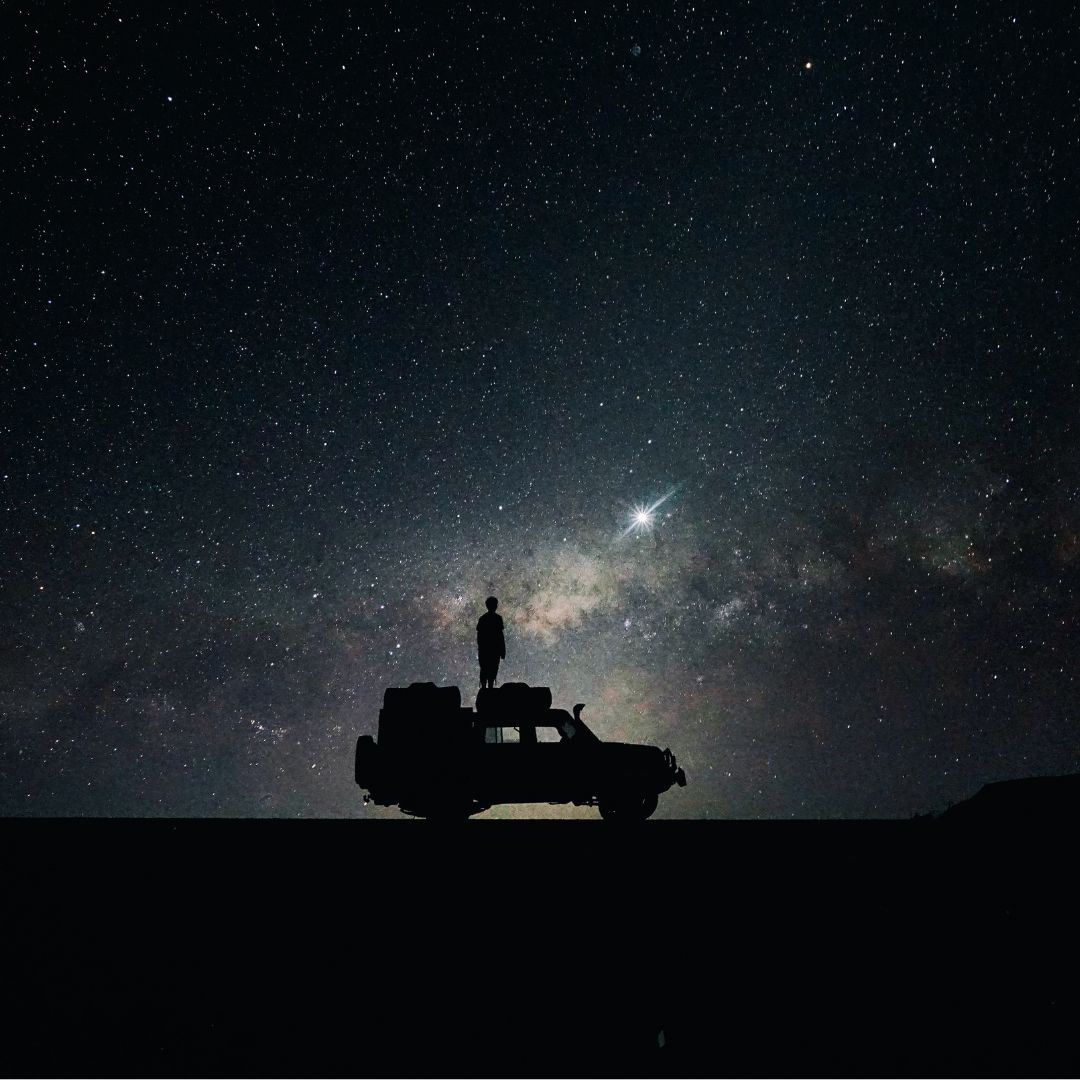In the world of adventure travel, challenges are inevitable especially in the remote and rugged terrains of northern Pakistan. Whether you’re planning a tour for local or international tourists, one essential guideline you must follow is: do not travel at night in these regions.
Here’s why.
1. Low Visibility Due to Fog and Clouds
One of the most common dangers in northern Pakistan is low visibility caused by clouds and dense fog, especially during the early morning and after sunset. In winter and monsoon seasons, clouds frequently descend onto the mountain roads, blocking visibility completely. As seen on many travel on Instagram of @Pakjourney, clouds often sit right on the roads, making it almost impossible for even experienced drivers to proceed safely.
This condition is extremely risky, particularly on narrow, winding mountain roads that lack proper guardrails or lighting. Turning on fog lights, reducing speed, and stopping in extreme conditions is advised but overall, traveling at night is highly discouraged.
2. Monsoon Dangers – Landslides and Rockfalls
During the monsoon season, the risk increases tenfold. Rains can trigger landslides, rockfalls, and water crossings, especially on fragile mountain passes. When visibility is already low due to fog or nightfall, these hazards become almost invisible until it’s too late.
Our team twice encountered such a situation in KPK and GB, where visibility dropped to under 10 feet due to dense fog. The driver had to stop completely and wait until daylight because proceeding was simply too dangerous.
3. Lack of Emergency Support at Night
Most remote areas in northern Pakistan lack 24/7 emergency services. If your vehicle breaks down, or worse, you’re caught in an accident, it’s difficult to get help in time at night. Police patrols, local rescue teams, and tourist help centers are less accessible after dark. That’s why traveling in daylight is strongly advised.
Make sure to always:
- Register with local police stations where required
- Save emergency numbers and tourist helpline contacts
4. Checklist Before Traveling to Northern Areas
Whether you’re on an adventure, sightseeing, or an off-roading trip, always carry:
- A first aid kit
- A complete vehicle checklist
- Spare tires, fog lights, and other emergency tools
- Download offline maps and weather apps
- Buy essentials from PakJourney Travel Store
Final Advice:
Unless it is an absolute emergency, do not travel at night in northern Pakistan. You risk not only your own safety but that of your passengers. The breathtaking beauty of Pakistan is best enjoyed safely in daylight, with the right preparation, and with full awareness of nature’s unpredictability.

